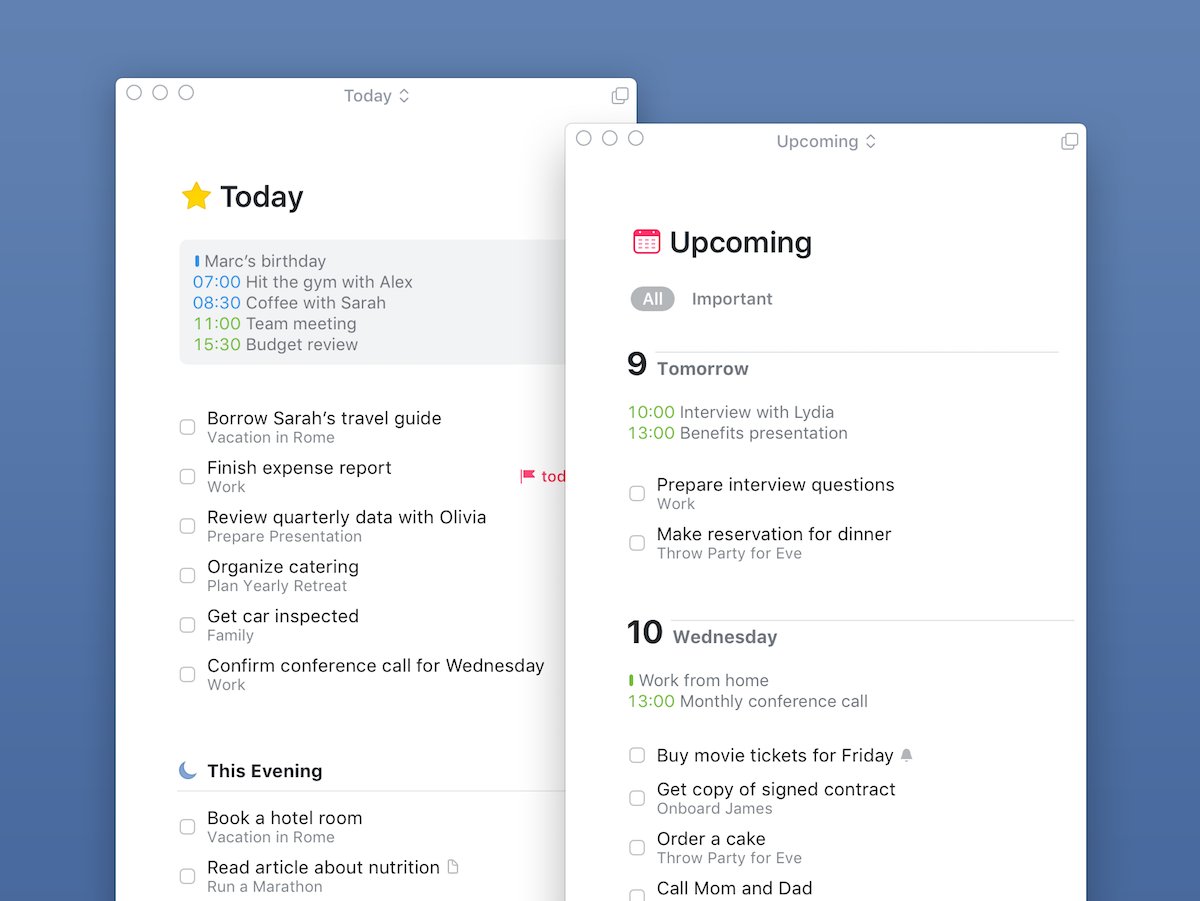
1/10 @logseq Community Review
Communities that rally around a product are an essential part of choosing a Tool for Thought. Tools for Thought are such significant investments on the part of users to master them that having a community to support them is crucial.
#TfT
Communities that rally around a product are an essential part of choosing a Tool for Thought. Tools for Thought are such significant investments on the part of users to master them that having a community to support them is crucial.
#TfT
2/10 Therefore, I always evaluate the community as part of my assessment.
The Logseq community is welcoming, friendly, respectful & overall very helpful.
In comparison, while their community is smaller than Obsidians, where they lack quantity, they make up for it in quality.
The Logseq community is welcoming, friendly, respectful & overall very helpful.
In comparison, while their community is smaller than Obsidians, where they lack quantity, they make up for it in quality.
3/10 I admit something; I even tried to start a "hot potato" discussion by comparing Logseq with a "competitor" product.
The community reaction was a delightful, friendly & respectful debate filled with honest and intelligent thoughts. No drama.
RESPECT
Where is the community?
The community reaction was a delightful, friendly & respectful debate filled with honest and intelligent thoughts. No drama.
RESPECT
Where is the community?
6/10 Since they are open-source, you can follow and participate in their development process. You can submit ideas, bug reports and even contribute to the code base.
github.com/logseq/logseq
github.com/logseq/logseq

7/10 Logseq on Twitter: @logseq @rroudt @DerScheinriese @tiensonqin @cnjunyi
Users: @ednico_ @OneStuttering @aryansawhney17 @ToolsonTech @hkgnp @pengx17 @leungvyz
I know I missed people. Please add other users to this list.
Users: @ednico_ @OneStuttering @aryansawhney17 @ToolsonTech @hkgnp @pengx17 @leungvyz
I know I missed people. Please add other users to this list.
8/10 There is some solid content on @YouTube.
youtube.com/@logseq
youtube.com/@toolsontech
youtube.com/@OneStuttering…
youtube.com/@aryansawhney
I know I missed something. Please add other channels to this list.
youtube.com/@logseq
youtube.com/@toolsontech
youtube.com/@OneStuttering…
youtube.com/@aryansawhney
I know I missed something. Please add other channels to this list.
9/10 If I had one small criticism, the Logseq devs could be a little more active on Discord/forums. Obsidian devs are easily accessible.
But this is a tiny observation. Nudge... Nudge... on the Logseq devs 🥰
But this is a tiny observation. Nudge... Nudge... on the Logseq devs 🥰
10/10 All in all, getting involved with the Logseq community has been one of the most pleasant I have experienced in my TfT journey.
Logseq treats its users like partners in the process of building its Tool for Thought.
Logseq treats its users like partners in the process of building its Tool for Thought.
FYI: I don't consider Obsidian and Logseq competitors; they have similarities but really are for different users.
I use Obsidian simply for comparison.
I use Obsidian simply for comparison.
Another good resource hub.logseq.com
• • •
Missing some Tweet in this thread? You can try to
force a refresh










